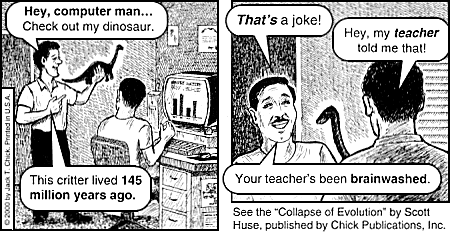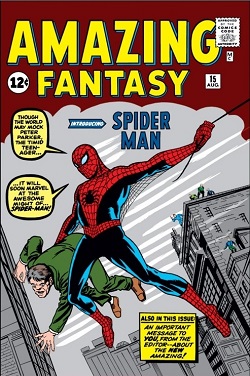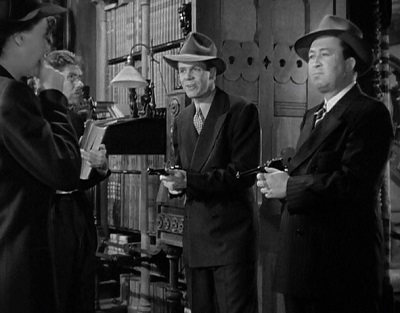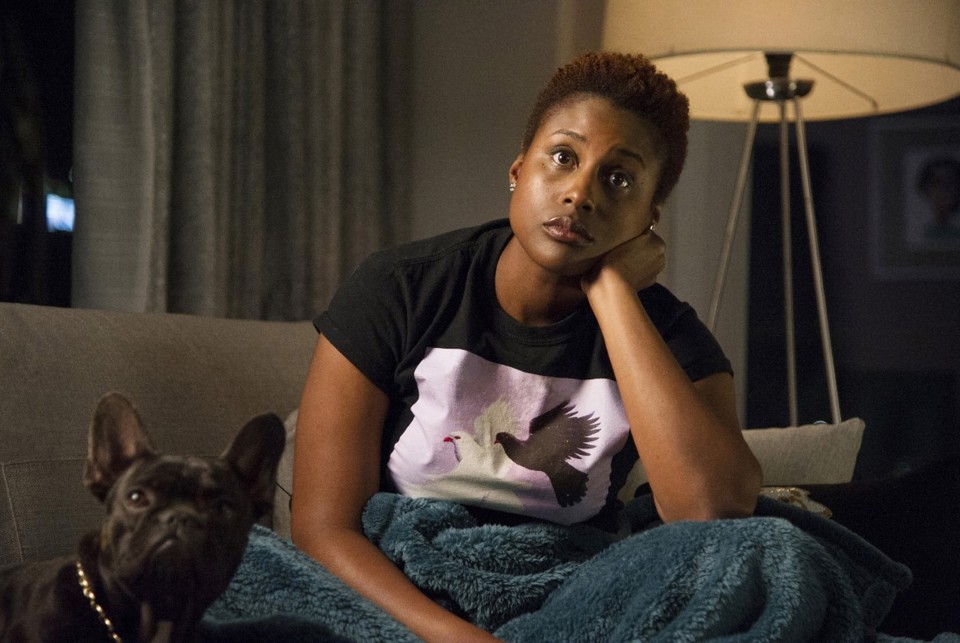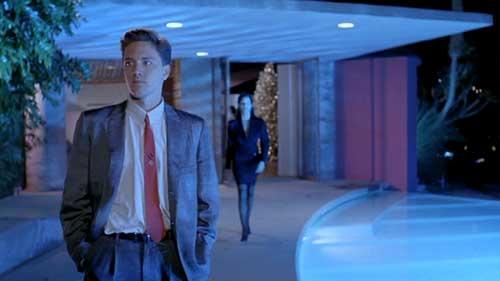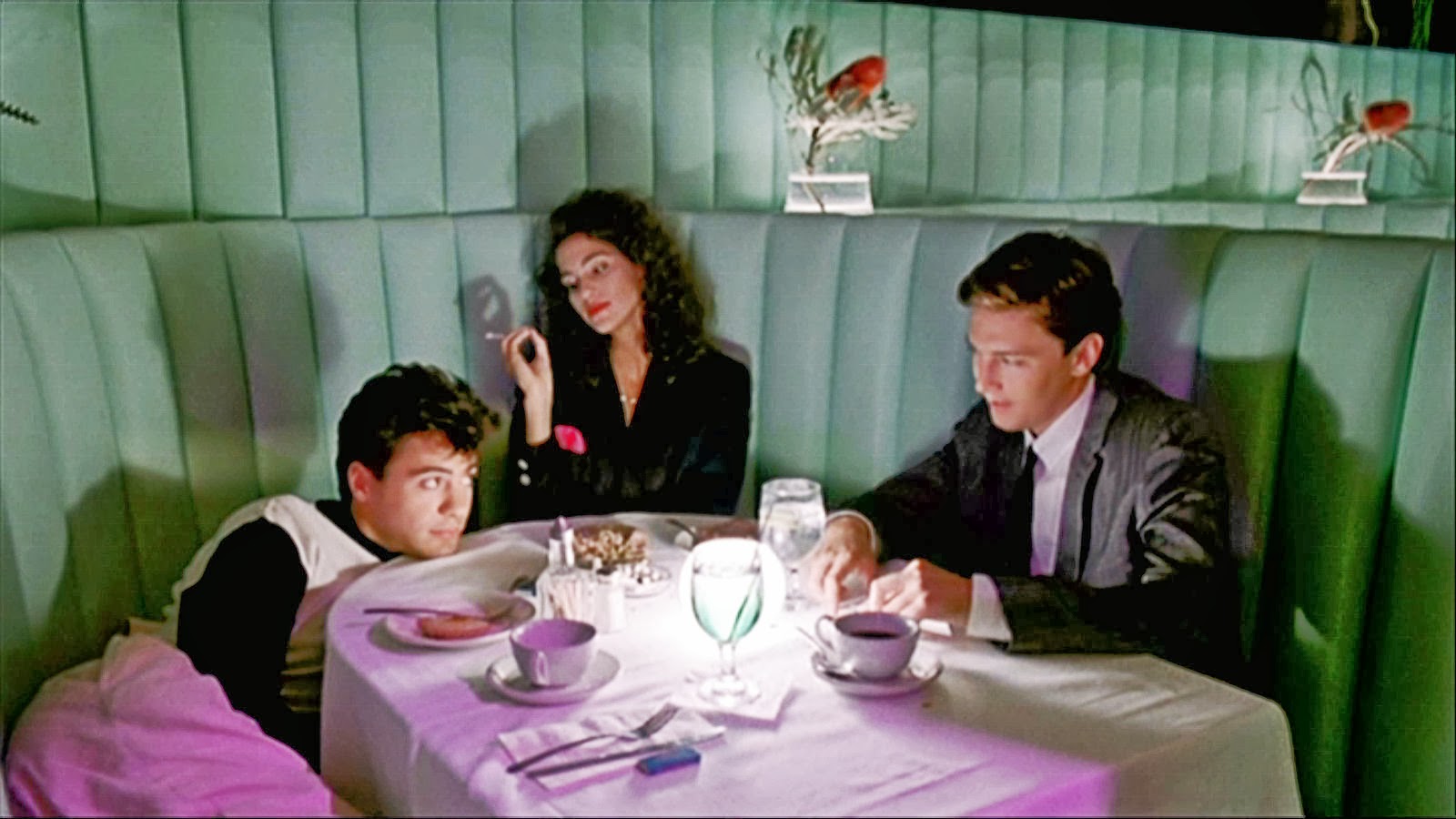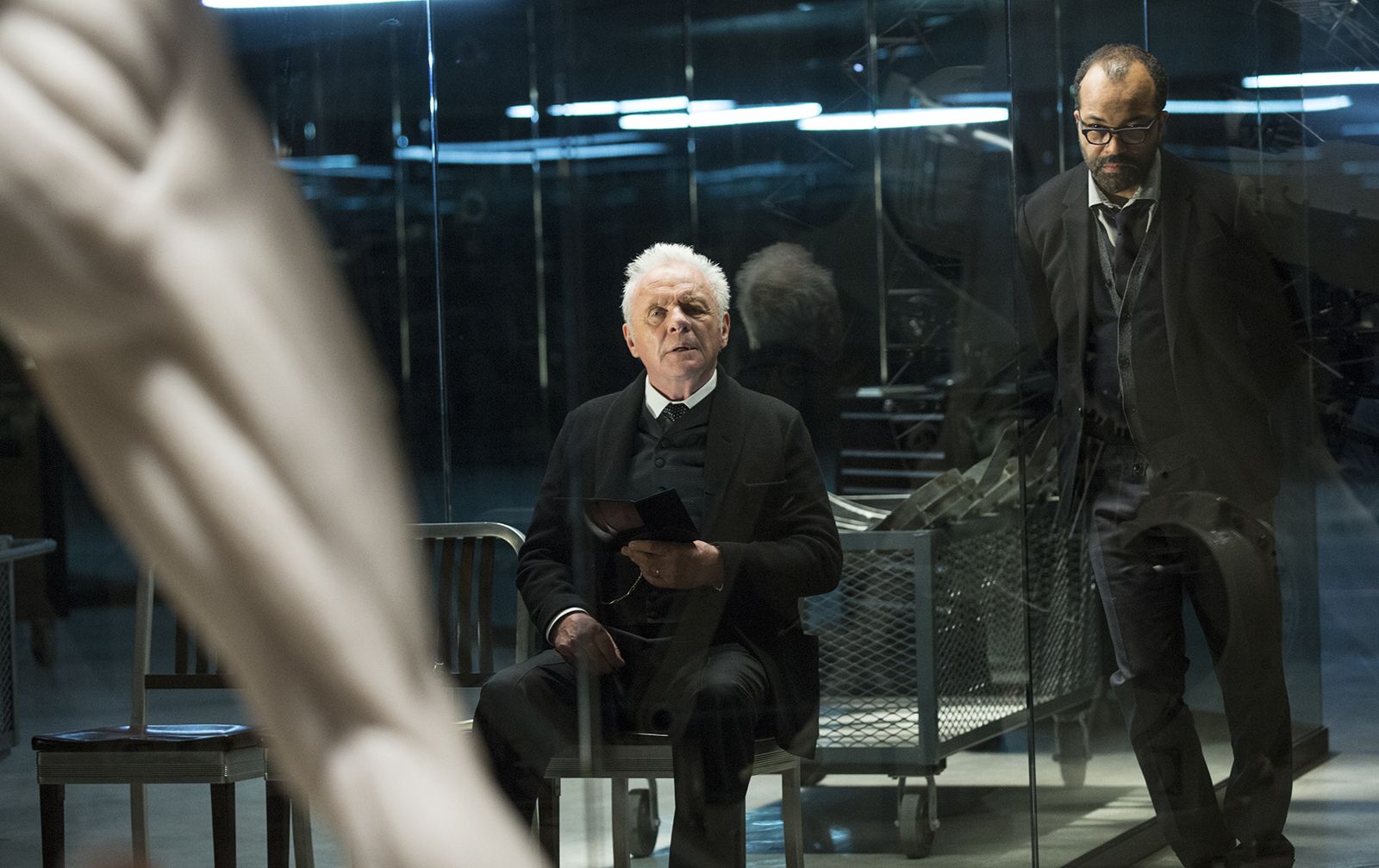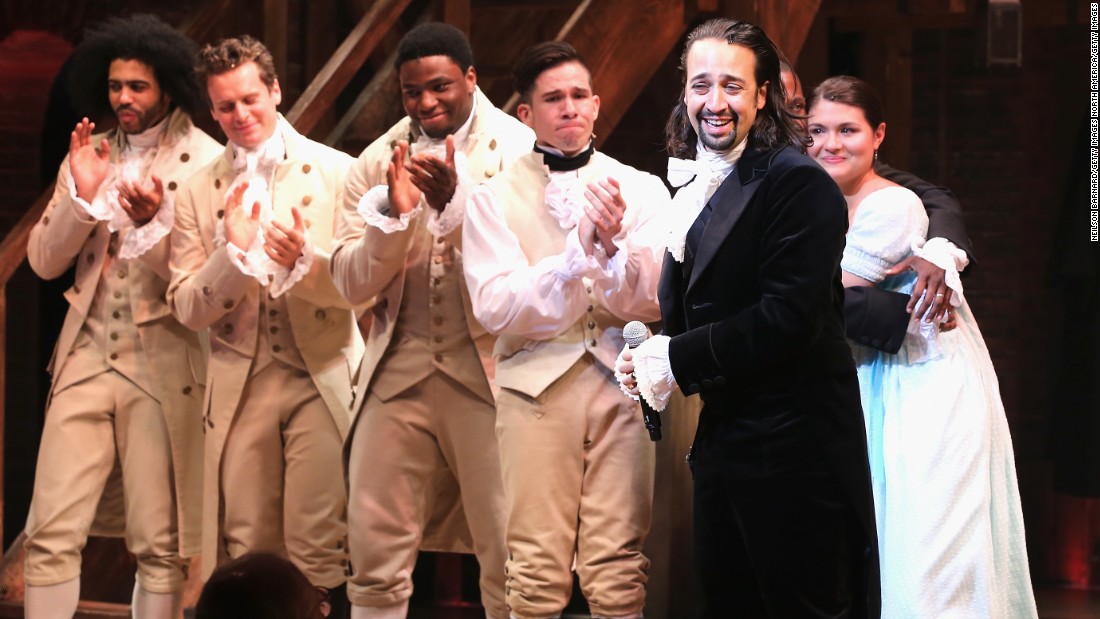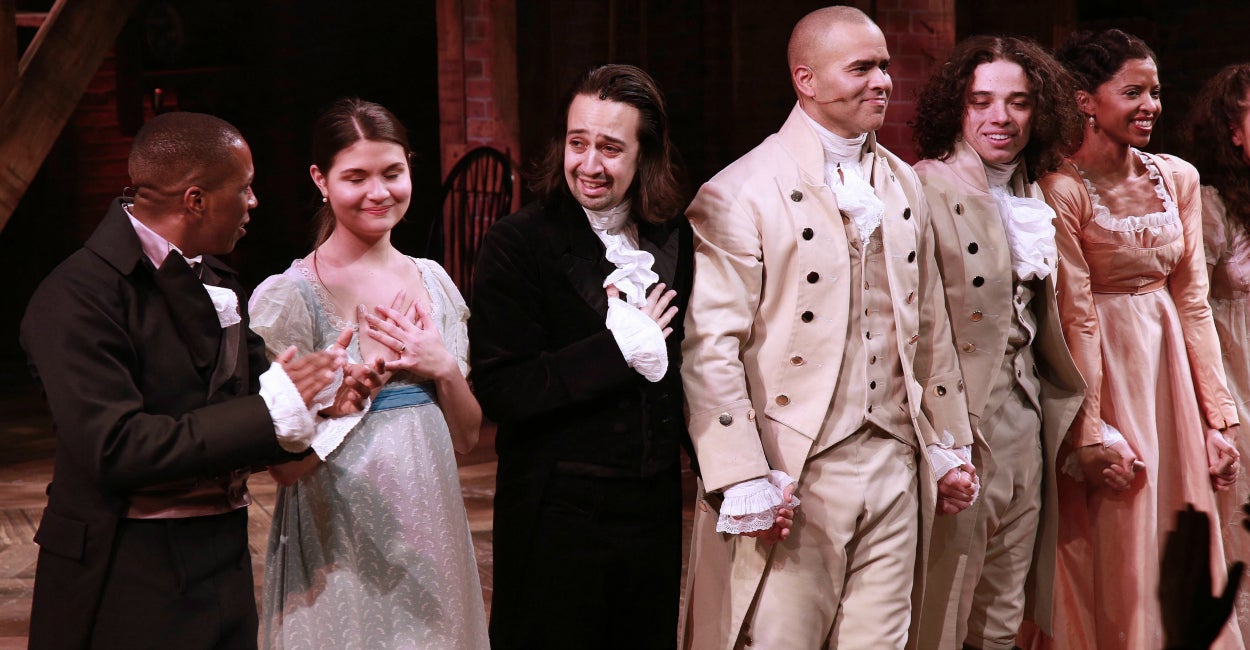Stan Lee may be the biggest name in comics, so I checked out his memoir,
Amazing Fantastic Incredible, to see how he got where he is. This being Stan Lee's life, it's told in comic book form--with help from writer Peter David and cartoonist Colleen Doran.
Stanley Lieber was born in 1922 in New York to Jewish immigrant parents. They didn't have much during the Depression, but Stanley had a lively imaginary life through the many books he read and movies he saw. He took a variety of jobs as a teenager to help with the money situation.
In 1939 he got a job as a gofer at a comics company. Comic books were still fairly new then, as were superheroes. A hard worker, and a smart one, he rose quickly through the ranks. During this time he adopted his pen name Stan Lee. When two big names, Joe Simon and Jack Kirby, left the company, Lee, just 18, became an editor.
Then America entered World War II, and he joined the army. He worked on manuals and training films. (Others who worked in his unit making films: William Saroyan, Charles Addams, Frank Capra and Theodore "Dr. Seuss" Geisel).
When the war ended, Lee met and married wife Joan, and returned to his old job. However, the 1950s were not a great time for comic books. Many believed they were a bad influence on children, and the industry voluntarily created the Comics Code Authority to stave off government censorship, which left most material toothless.
In the late 1950s, there seemed to be a return in popularity of superhero comics. Still, Lee, approaching 40, wondered if he was too old for the industry. He thought of quitting, but instead demanded he be allowed to do comics his way, figuring the worst that could happen was he'd be fired. Marvel (as the comic book company was now called) let him have his way, and thus began one of the most creative periods in the history of comic books.
Lee (with the assistance of artists such as Jack Kirby and Steve Ditko) created one classic title after another, including The Fantastic Four, Hulk, Spider-Man, Thor, Iron Man, Dr. Strange and The X-Men. These comics broke the rules. For instance, Spider-Man, Lee's biggest hit, was a teenager when teenagers were supposed to be sidekicks. He had a troubled personal life and, as a superhero, was attacked as a dangerous vigilante. He was also a wisecracker, as were many of Lee's creations.
Lee understood he was writing fantasy, but wanted to ground his work in reality more than was usual in his medium. Readers responded. His titles were popular, and not just with kids--Marvel started being read on college campuses. Lee also created a personal connection with the fans, including a letters section and Stan's Soapbox--where he'd discuss various items--in each issue. He later created the Merry Marvel Marching Society, a fan club that lasted five years until his publisher shut it down.
This was the golden age of Stan Lee. He would continue working on various projects for many more years, but never again would there be such an outburst of inventiveness.
Marvel (the ownership of the brand changed hands numerous times through the years, but they kept the name) tried to expand into new territory with Hulk and Spider-Man TV shows in the 1970s. They also tried to make it in movies, and finally succeeded about fifteen years ago. Since the beginning of this century, the Marvel name has become one of the most potent commercial forces in cinema, with blockbusters based on Spider-Man, Iron Man, The X-Men, Thor, The Avengers and others. And Stan Lee--still active in his 90s--has become more famous than ever thanks to his cameo appearances in these films.
While the book is mostly about Lee's comic book work, there is plenty of personal stuff--things you'd expect, such as life growing up, and how he wooed his wife. There's also a fair amount of name-dropping. We hear how he met Presidents Bill Clinton and George W. Bush, rock stars such as Paul McCartney and movie stars such as George Clooney and Brad Pitt. Then there's the time he was invited to the Carter White House and a guy dressed as Green Goblin tried to attack Amy Carter and almost got everyone shot.
Like his comic book work, his story is told in a snappy manner, which makes it a quick, enjoyable read, though you do get the feeling he skims over many sad moments: the death of his second baby, breakups with people on his creative team, bad business decisions and so on.
But hey, it's a comic book, and Stan is the hero. If you want to find out about his life from the man himself, this is the place. Nuff said.

















